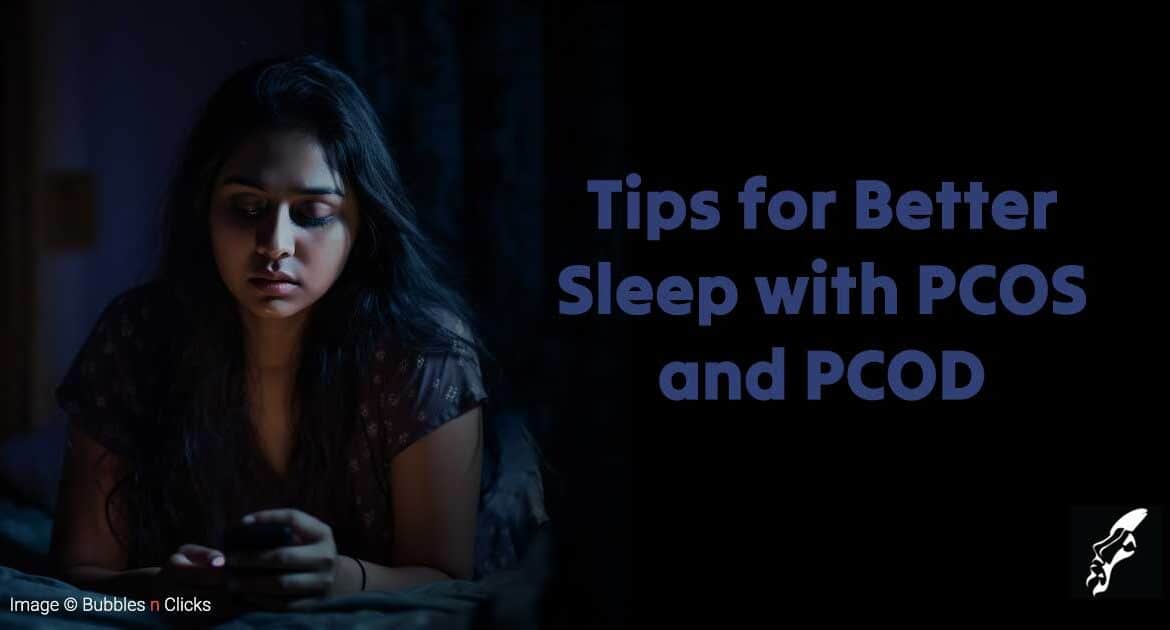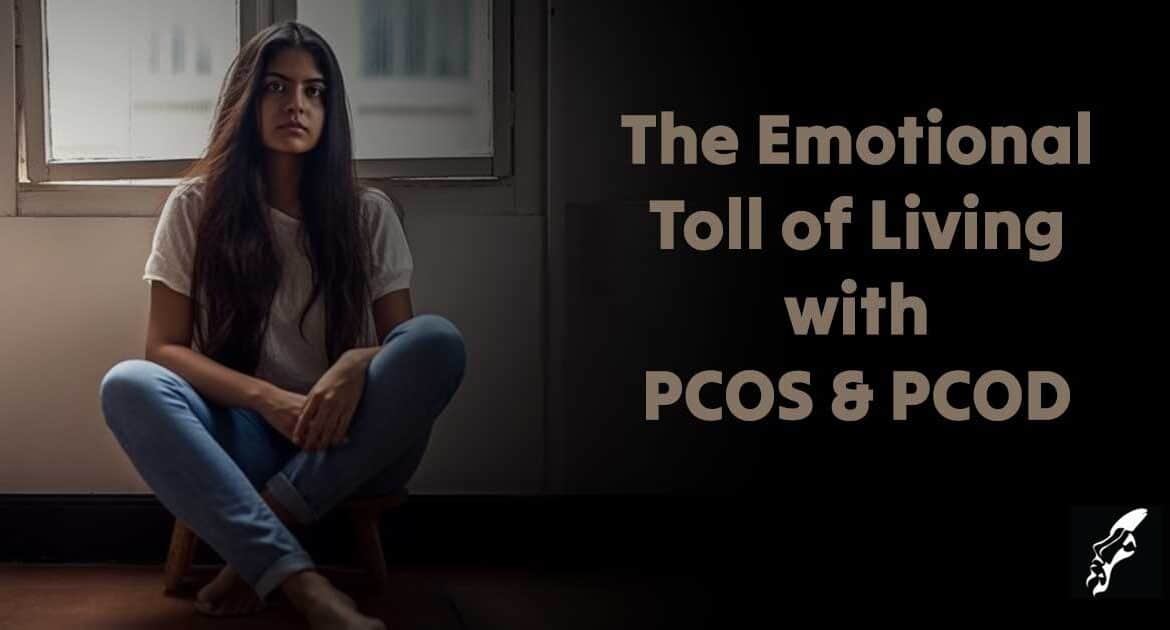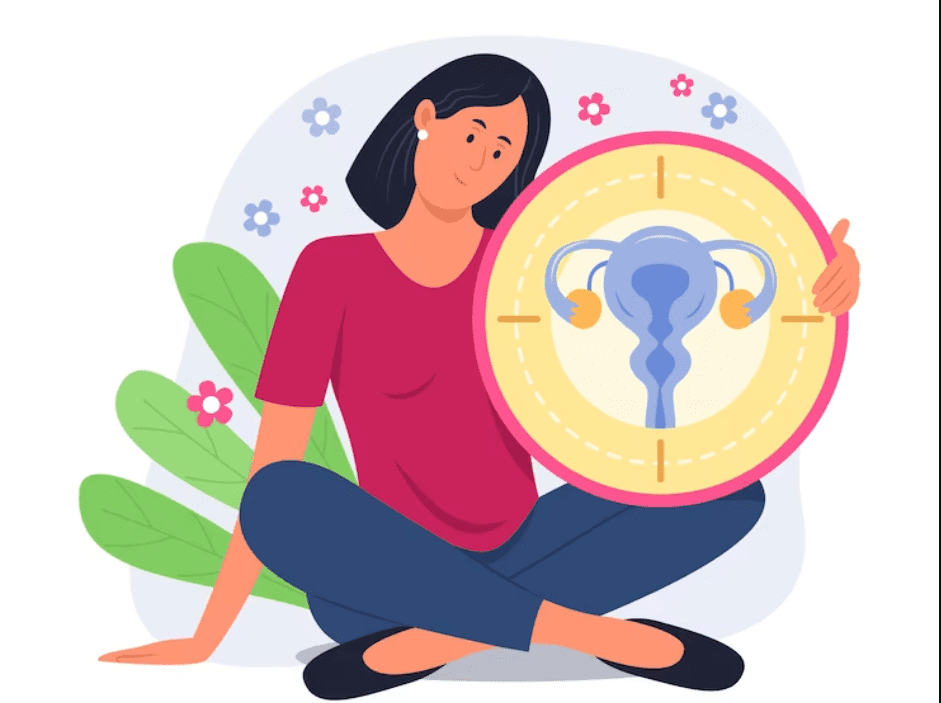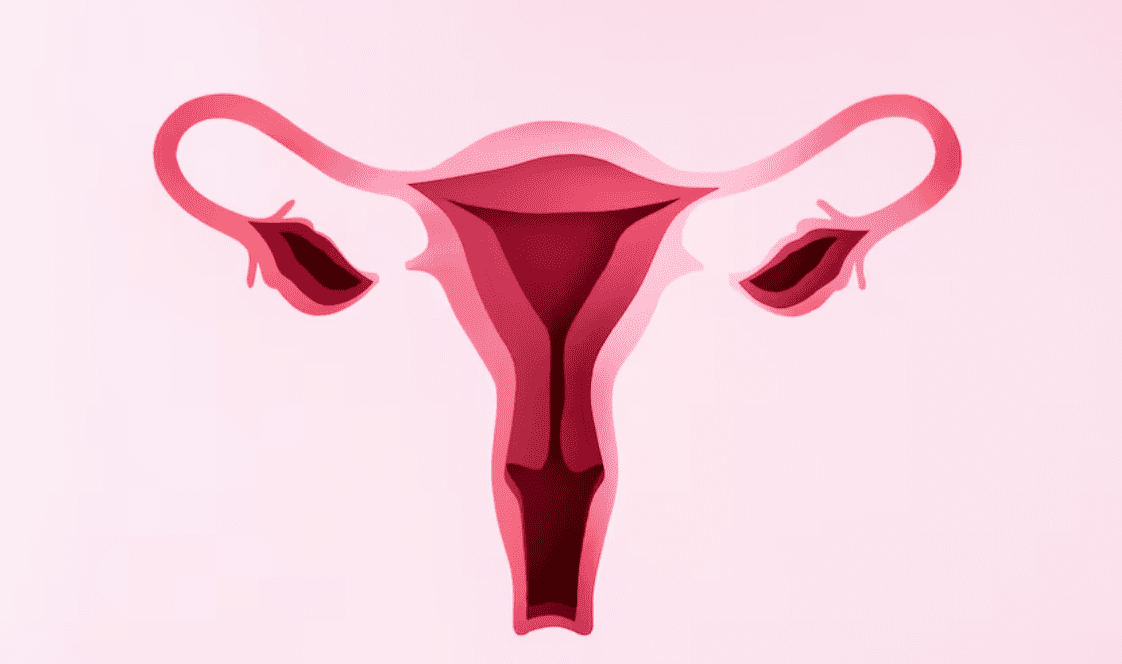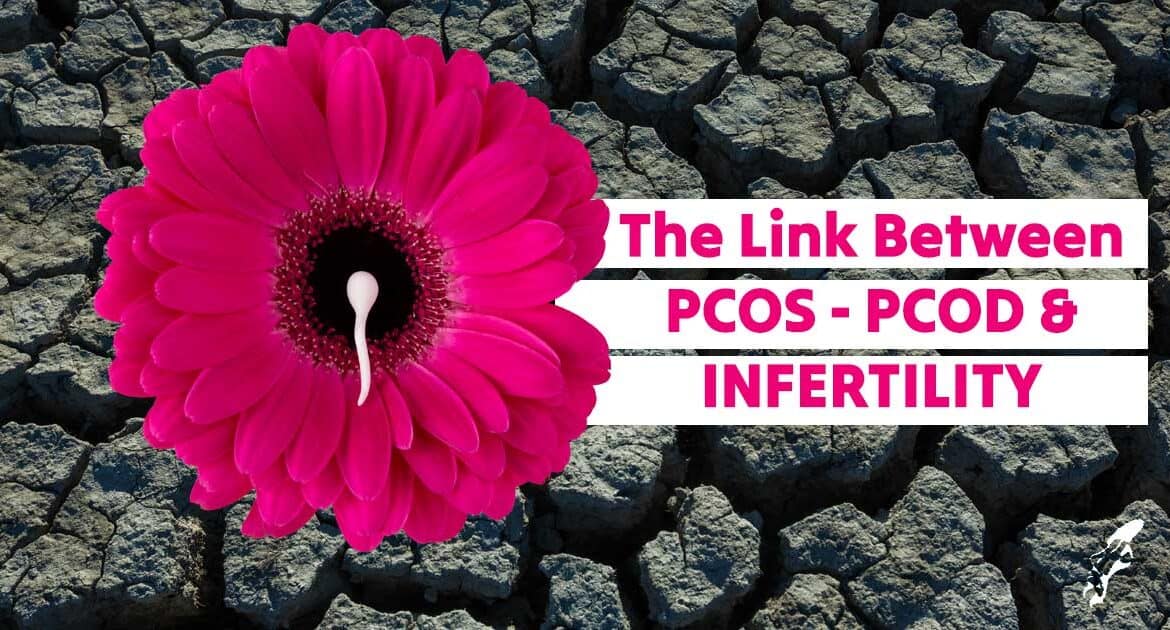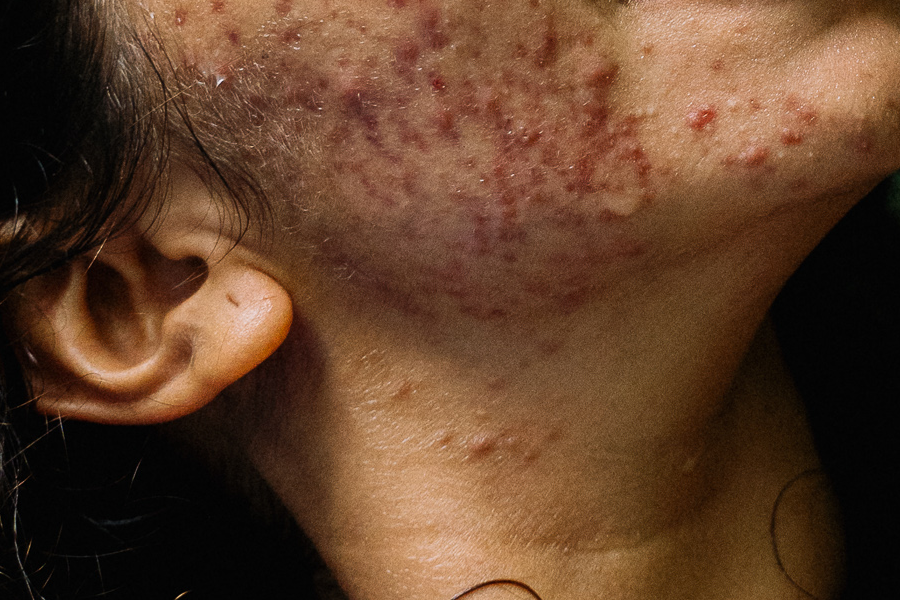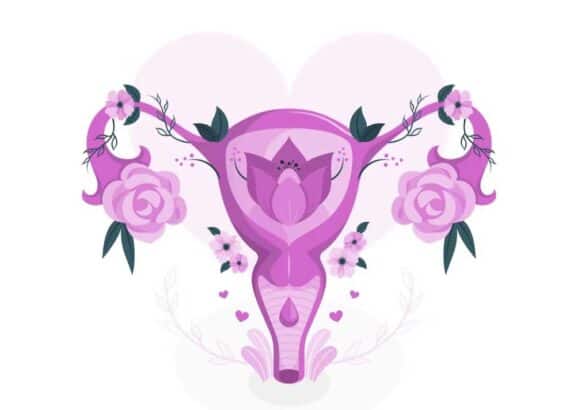Polycystic ovary syndrome (PCOS) and polycystic ovary disease (PCOD) are common hormonal disorders that affect women of reproductive age. While the conditions are not directly linked to sleep issues, many women with PCOS and PCOD experience sleep disturbances that can affect their quality of life. If you have PCOS or
Knowledge
PCOS and PCOD are common endocrine disorders that affect millions of women worldwide. These conditions can cause a range of physical symptoms, from irregular periods and acne to weight gain and hair loss. However, the emotional toll of living with PCOS & PCOD can often be overlooked. In this blog
Effective Treatment and Home Remedies for Irregular Periods in Unmarried Women Are you tired of the frustrations and uncertainties that come with irregular periods? Do you feel like your body is holding you back from fully embracing your life as an unmarried woman? Look no further! In this comprehensive guide,
PCOD vs PCOS: What’s the Difference? Are you confused about the differences between PCOD and PCOS? You’re not alone. These two conditions are often used interchangeably, but they’re not the same. In this article, we’ll dive into the details and help you understand the key differences between PCOD and PCOS.
If you’re a woman of reproductive age who is struggling with infertility, you may be surprised to learn that Polycystic Ovary Syndrome (PCOS) is a leading cause of this condition. Up to 1 in 10 women experience PCOS, which is characterized by hormonal imbalances, irregular periods, and cysts on the
Are you struggling with acne and unwanted hair growth, particularly on your face, chest, and back? These symptoms (Acne and Hirsutism) may be signs of polycystic ovary syndrome (PCOS) or polycystic ovarian disease (PCOD). PCOS and PCOD are hormonal disorders that affect millions of women worldwide. They can cause a

